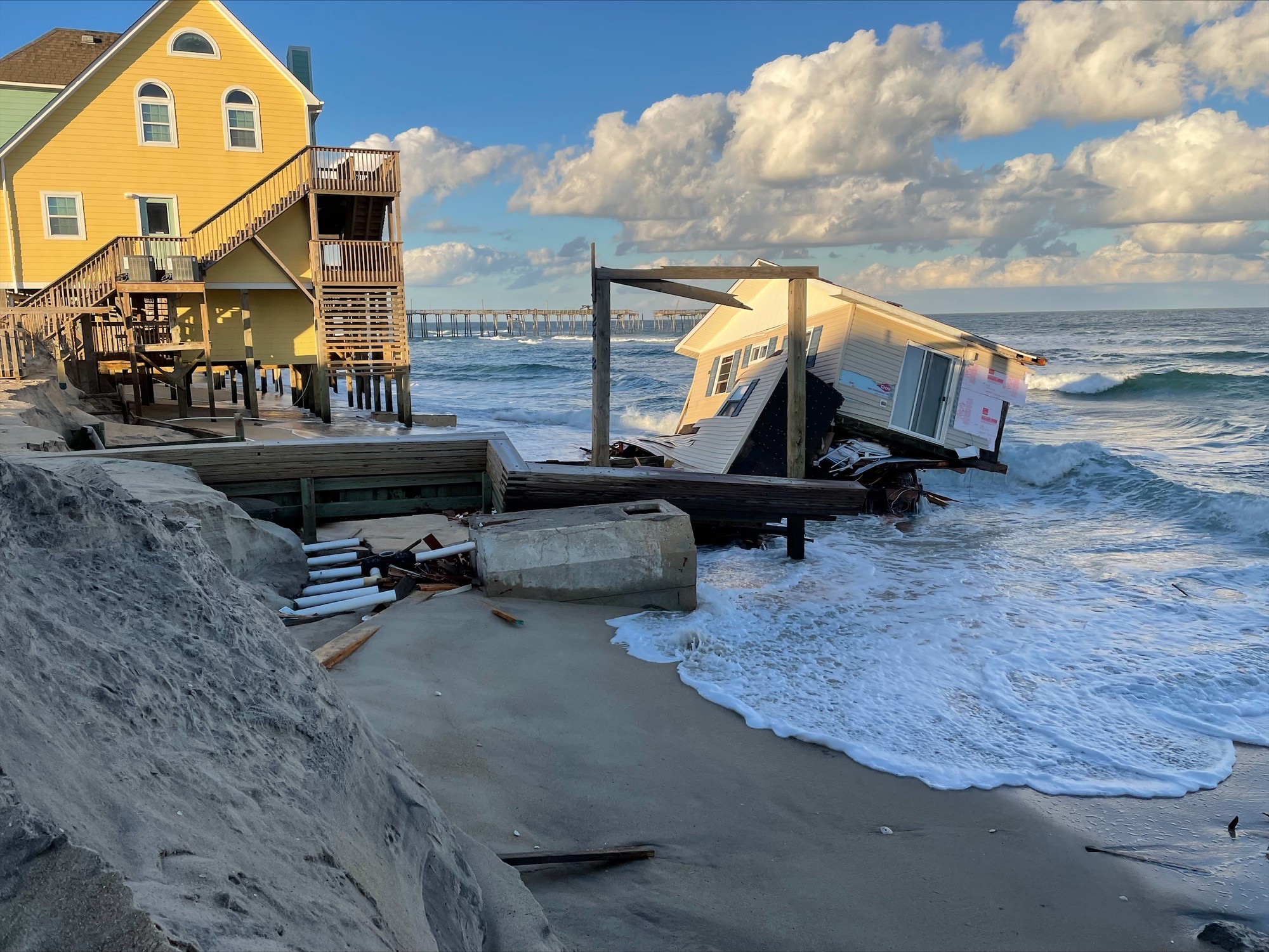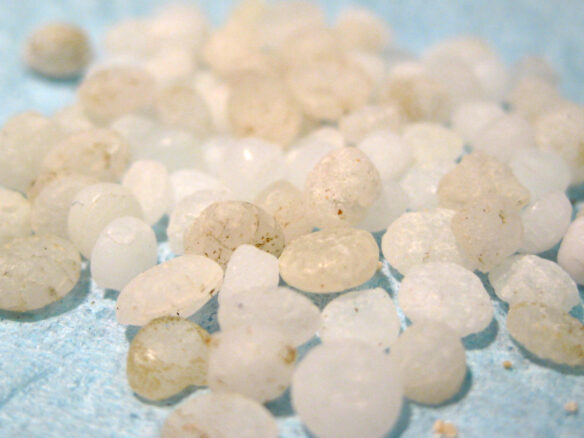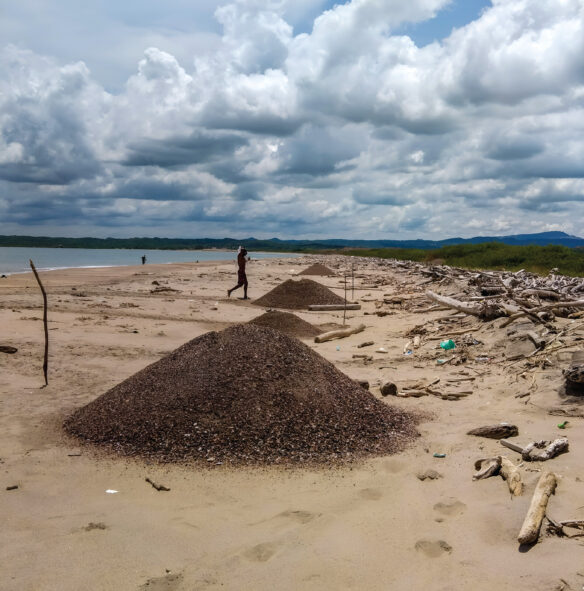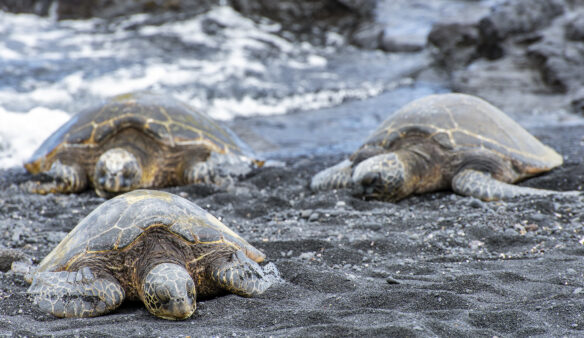Excerpt:
Fast-rising seas could swamp septic systems in parts of the South.
On the worst days, when the backyard would flood and the toilet would gurgle and the smell of sewage hung thick in the air, Monica Arenas would flee to her mother-in-law’s home to use the bathroom or wash laundry.
“It was a nightmare,” Arenas, 41, recalled one evening in the modest house she shares with her husband and teenage daughter several miles north of downtown Miami.
She worried about what pathogens might lurk in the tainted waters, what it might cost to fix the persistent problems and whether the ever-present anxiety would ever subside.
Residents in neighborhoods around Arenas’s have similar tales to share — of out-of-commission toilets, of groundwater rising through cracks in their garage floors, of worries about their own waste running through the streets and ultimately polluting nearby Biscayne Bay.
For all the obvious challenges facing South Florida as sea levels surge, one serious threat to public health and the environment remains largely out of sight, but everywhere:
Septic tanks.
Millions of them dot the American South, a region grappling with some of the planet’s fastest-rising seas, according to a Washington Post analysis. At more than a dozen tide gauges from Texas to North Carolina, sea levels have risen at least 6 inches since 2010 — a change similar to what occurred over the previous five decades.
Along those coastlines, swelling seas are driving water tables higher and creating worries in places where septic systems abound, but where officials often lack reliable data about their location or how many might already be compromised.
“These are ticking time bombs under the ground that, when they fail, will pollute,” said Andrew Wunderley, executive director of the nonprofit Charleston Waterkeeper, which monitors water quality in the Lowcountry of South Carolina…









